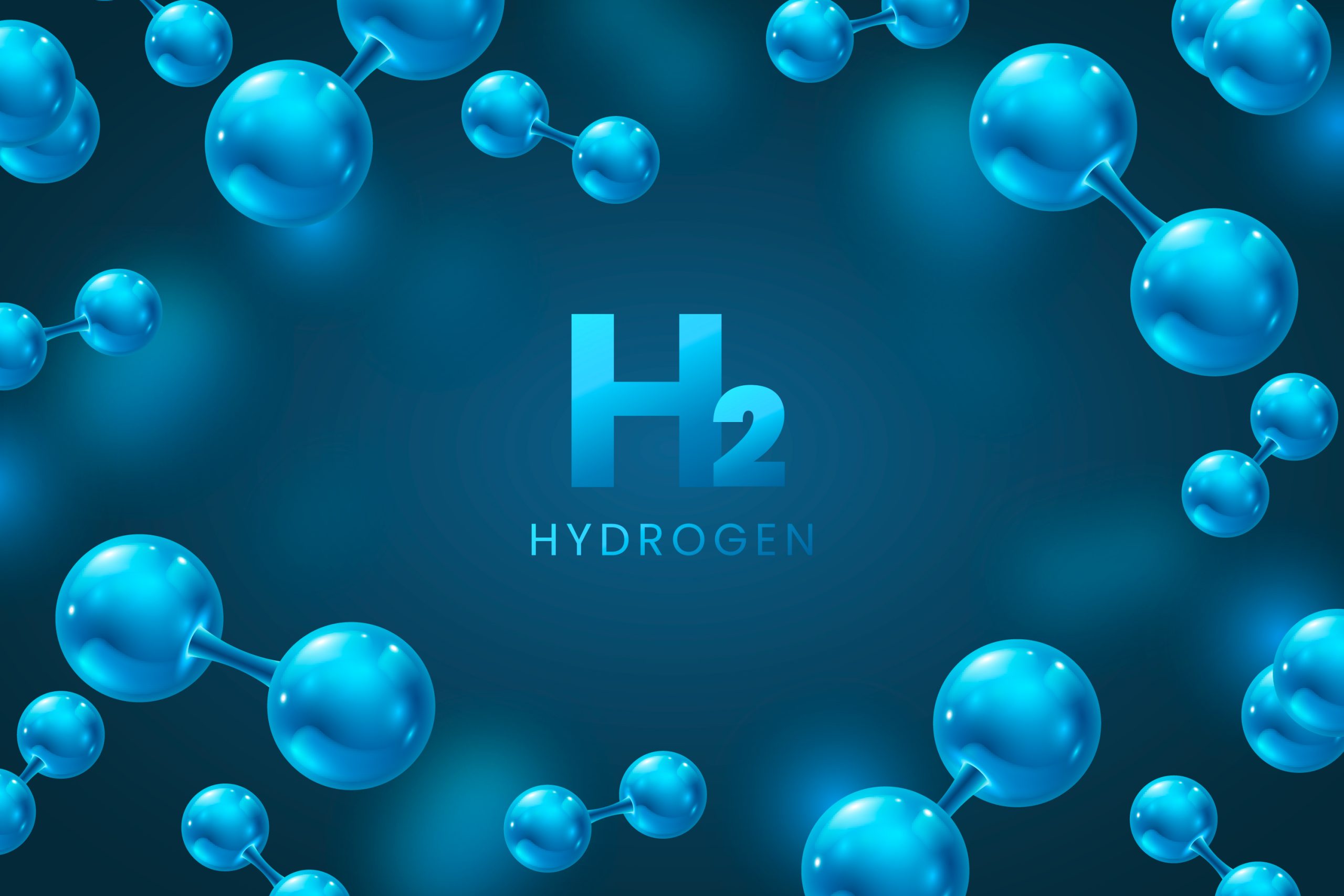Integrated Assessment Models in action:
insights from HYDRA, NEVERMORE & CHOICE
The second HYDRA webinar will introduce participants to Integrated Assessment Models (IAMs), with a special focus on WILIAM and its application across major EU-funded projects such as HYDRA and NEVERMORE.
The session will conclude with an overview of the different IAMs employed by the CHOICE project, highlighting the breadth and versatility of these models in European research.
Join us for a deep dive into the transformative role of IAMs and discover how they contribute to evidence-based policymaking and innovation across the EU.
- 11.00 – 11:10 > Integrated Assessment Models: an introduction
Iñigo Capellán Perez – Universidad Valladolid
- 11.10 – 11.30 > The WILIAM model: Overview
Iñigo Capellán Perez – Universidad Valladolid; Noelia Ferreras Alonso – CARTIF
- 11:30 – 11:50 > WILIAM in HYDRA – Integration of features and results
Juan Manuel Campos Rodriguez- Universidad Valladolid; Pablo Serna Bravo – CARTIF; Noelia Ferreras Alonso – CARTIF
- 11:50 – 12:10 > WILIAM in NEVERMORE – Integration of features and results
Adrian Mateo Martinez – CARTIF; Daniel García – Universidad Valladolid; Paola Lopez – Universidad Valladolid
- 12:10 – 12.25 > IAMs in the CHOICE project
Sibel Eker – International Institute for Applied Systems Analysis (IIASA)
- 12.25 – 12.30 > Q&A Session




